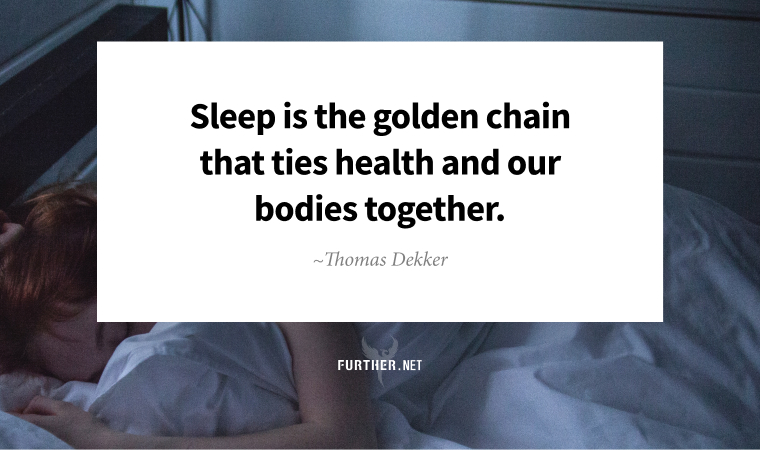
You might have snoozed through the recent “World Sleep Day,” but wake up — getting a good night’s sleep is vital to your health.
New research from the American College of Cardiology suggests poor sleep patterns cause up to 8% of deaths. And the American Heart Association recently added sleep duration to its list of critical components for optimizing heart and brain health, as they point out:
A growing body of research shows getting little or poor sleep doesn’t just make people feel tired the next day – it places them at higher risk for heart attacks and early death, along with cognitive decline, dementia, diabetes, high blood pressure, obesity, depression, and other chronic health conditions.
Apologies for the “scared straight” tactic, but we need it: Statista reports nearly 40% of adults suffer from a sleep disorder (i.e., challenges falling/staying asleep, sleep apnea, insomnia). Now’s not the time to roll over and ignore your sleep issues when cures for the disease of aging are on the near horizon, which you’ll be able to take advantage of if you’re not asleep at the switch.
Your Exhaust System
Sleeping for seven to nine hours is crucial to your body’s ability to repair and rejuvenate and your mind’s ability to maintain and gain information. The first few hours are deepest, supporting tissue growth and repair and “synaptic pruning,” where your brain clears out non-essential “junk” from the day to make space for what you do want/need to retain.
Next, you move into rapid eye movement (REM), a lighter, dream-centric cycle you go in and out of. When you don’t sleep well, you primarily miss out on REM, disrupting learning, memory, and mood.
Finally, the last stage of sleep is when you put the finishing touches on mental consolidation and physical recovery. Experts say when you routinely cut this phase short, you’ll cheat yourself of vital recovery. But losing sleep at any point in the nightly cycle comes at a high cost: your long-term health.
Sweet Dreams (Are Made of This)
Maybe you’ve noticed that “sleep treatments” are now trendy at high-end spas. From fancy facials to guided breathwork, specialty massages (i.e., Abhyanga, an Ayurvedic practice), and aromatherapy bath soaks, there are plenty of opportunities to trade $$ for Zzs.
But good old-fashioned sleep hygiene is free and effective. In addition to DIY versions of the above, do the following:
- Keep bedtime/wake-up times consistent (even on weekends)
- Make your bedroom dark and quiet
- No screens two or more hours before bedtime
- Take sleep-enhancing teas and herbs
- Meditate (before bed or during the day to de-stress)
Plus, getting better sleep is a perennial topic at Further. You can rest assured we’ll keep you updated with ways to get a good night’s sleep.
What happens when we sleep, and why we need just the right amount each night (American Heart Association)
